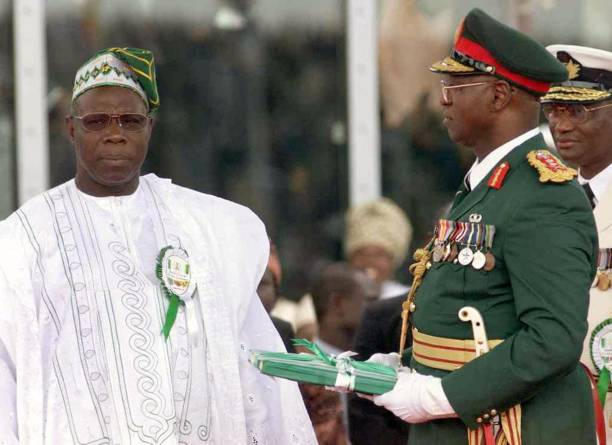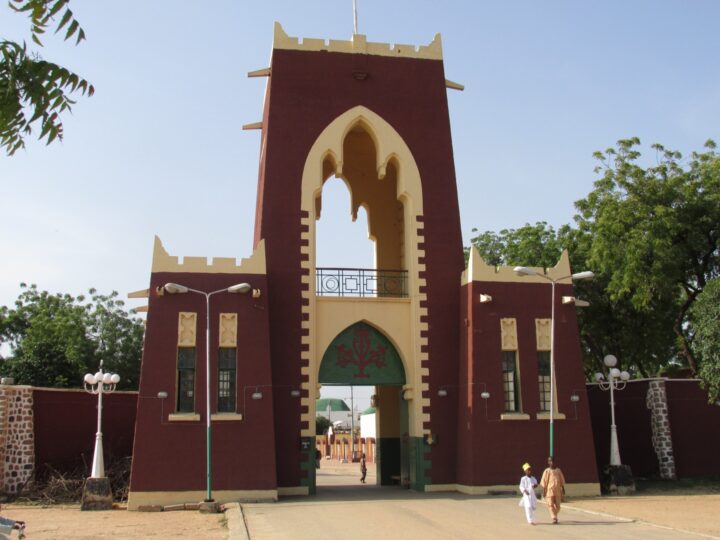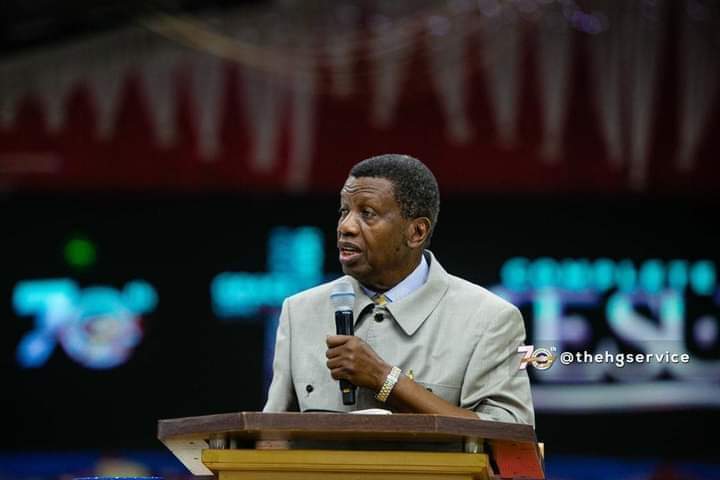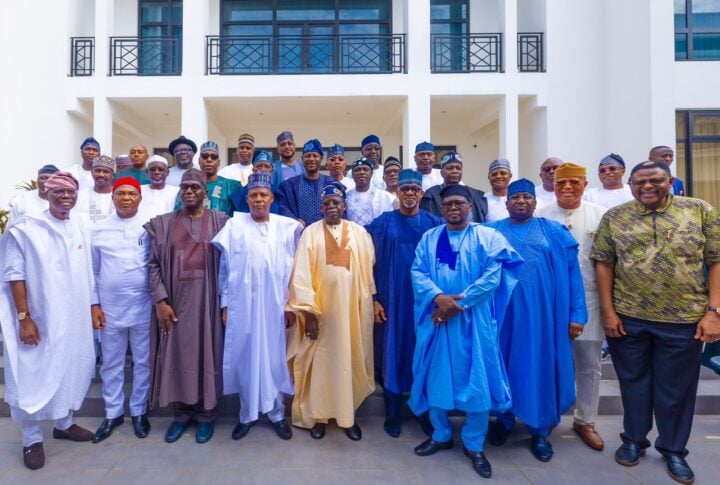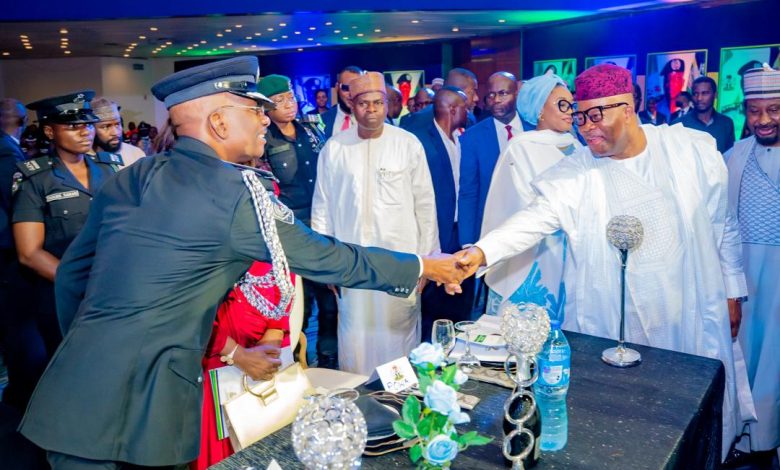We start with this footnote: The opinions expressed in this article are purely personal opinions and are not that of Anambra State Government or the Governor of Anambra State, Professor Chukwuma Soludo. As citizens of Nigeria, it is our civic duty to participate in public debates that could inform public opinion.
Last week, Mr. Joe Ajaero, President of Nigeria Labour Congress (NLC), accused Governor Soludo of “inciting other governors to reject the proposed N70,000 minimum wage’’. With Ajaero’s comments, it would be apt to ask if Governor Soludo also prevented Governor Godwin Obaseki from paying a N70,000 minimum wage after the Edo State Government must have concluded on what it could afford. Mr. Ajaero also argued that states were now getting more as a result of increased revenue after the removal of petrol subsidy and he implied that states could easily increase the salaries of workers. Mr. Ajaero is not the first to make this kind of argument. However, it is also important to note that the removal of subsidies has also made the running costs in most states to increase astronomically. (Also, in real or dollar terms, when you consider the value of the incomes of states today, it could even be less than what they had before the subsidy removal. At the same time, the purchasing power of workers have also eroded with the devaluation of the naira). For example, most state governments can no longer pay the electricity bills of public institutions that were classified as customers in Band A by the Federal Government. Electricity bills for these properties have gone up by more than 300%. There is no doubt that workers need increased wages but this point has to be made: the true state of the economies of state governments have to be considered when making the minimum wage argument. State governments must be honest with their people when having this conversation.
Mr. Ajaero’s statement came after the Anambra State Chapter of the NLC and the Trade Union Congress (TUC) issued a seven-day strike notice, on May 15, to Governor Soludo over what the unions termed “his refusal to fully implement the 2019 minimum wage law’’. The unions also raised other issues including what they referred to as the “inefficient running of the state’s contributory pension scheme and the non-constitution of civil and judiciary service commissions”.
Fortunately, all the issues raised by the Organized Labour in Anambra have been thoroughly addressed. Last Wednesday, after a meeting with the Anambra State Government, the state Chairman of Anambra State Chapter of the NLC, Comrade Humphrey Nwafor and his colleague in the TUC, Comrade Chris Ogbonna, addressed the press and informed workers in Anambra State that all the issues they had raised in their May 15 strike notice have been addressed. Actually, after last Wednesday’s meeting, the NLC and TUC leadership in Anambra confirmed that Anambra State implements the 2019 minimum wage law to the letter and that their earlier position that Anambra State was not implementing the 2019 minimum wage law was based on their misunderstanding of the law.
Advertisement
The leadership of the Organized Labour in Anambra, who were visibly satisfied with Governor Soludo’s intervention and clarifications, also announced that Governor Soludo has approved a land for the building of the Labour Union Secretariat in the state.
But it is not really clear why Joe Ajaero seems to be fixated on Governor Soludo, who is one of the 37 members of the Federal Government’s Tripartite Committee on Minimum Wage. Some commentators have attributed this to politics. (To be fair to Mr. Ajaero, as a labour leader he is expected to do everything possible to get the best deal for his constituent – which is the NLC- but casting aspersion on a governor who means well for Organized Labour is below the belt).
Mr. Joe Ajaero’s motive does not really matter. What matters is to put the records straight.
Advertisement
To be clear: Nigerian workers deserve to earn living wages and ‘their take home pay should take them home’. No well-meaning Nigerian will argue against this.
In fact, the Governor Soludo, this column knows would wish that Nigerian public sector workers are paid the same way big multinational oil companies pay their staff in Nigeria. Some do not know that Governor Soludo does not receive salaries as the governor of Anambra. Those who dismiss this gesture and argue – cynically though – that a state governor does not need nor depend on salary in Nigeria miss the point. Governor Soludo’s refusal to receive a salary as governor of Anambra is not only a protest to what he believes is the poor renumeration of public servants but also a sign that he might not be interested in the kind of huge pensions former governors receive after staying 8 years in office.
While many state governments have virtually put an embargo on employment and might have suggested the possibility of retrenchment while waiting for the outcome of the minimum wage negotiation, Governor Soludo just announced the recruitment of 3,115 new teachers last Monday. This is coming after the governor recruited 5,000 teachers in 2022 (this excludes thousands of recruitments in the health sector of the state).
In as much as well-meaning Nigerians would want Nigerian workers to be paid hugely, the question is: how much can Nigeria really afford to pay?
Advertisement
While NLC and the TUC proposed N615,000, there was a deadlock in the last meeting the unions had with government, where the Federal Government shifted ground from its N48,000 minimum wage proposal to N57,000. The N57,000 proposal seemed to have irked the leadership of the Organized Labour who reduced their minimum wage demand to N497,000.
But the question is not really about how much a worker earns, it is more about what can be bought with a worker’s income. No matter what Nigerian workers are paid today as minimum wage, if the current spiraling inflation and continuous erosion of the value of the naira are not checked, these economic abnormalities will make nonsense of any wage award now or in the nearest future and we will come back to the kind of argument we are having today in a few years.
A few weeks ago, the Debt Management Office (DMO) announced that 13 new governors borrowed N226.8bn in the first six month after assuming office in order to stay afloat. A new report even states that 31 governors have borrowed to pay salaries in the last 2 years (Note: we are talking of paying the current wages that everyone agrees that it is not sufficient). A state like Kaduna has already announced the difficulty it is having paying salaries as a result of the foreign debts it has to pay back.
Today, most Nigerian states cannot meet their wage bills from internally generated revenue. Many states need subvention from Abuja to meet their current wage bills. For others that are relatively financially stable, a significant increase in wage bill would mean that some capital projects would have to give way for the increase wages. Despite the fact that this column believes that wages should be significantly improved, the scenario painted here implies that every Nigerian should put his or her thinking cap on.
Advertisement
That Nigeria is currently having financial troubles is no longer news. As far back as 2019, former president Muhammadu Buhari’s government borrowed heavily to pay the N30,000 minimum wage. Many states could not even pay and workers were owed for months. In 2011, state governors forced ex-President Goodluck Jonathan to liquidate the Excess Crude Account to fund the new N18,000 minimum wage.
The argument is clear: Nigerian workers need increased pay but Labour and government need to be frank with themselves and agree on what a realistic minimum wage should be. The Organized Labour needs to also focus on issues related to the productivity of its workforce. With increased productivity comes increased income for any nation. With increased income comes increased wages. What is most important is for Nigeria workers to be able to maintain a decent quality of life in the years to come and no nation can afford to give its workforce a sustained quality of life with spiraling inflation. The NLC needs to work with the Federal Government to curtail the current double-digit inflation.
Advertisement
This is not the time for shallow populist arguments nor for populism. It is a time to think outside the box. The Nigerian state needs to stay afloat and its public workers need to live a good life.
Organized Labour needs to think about this: If today Nigeria has a single digit headline inflation, quality public healthcare, transportation and education systems – where both the rich and poor can be proud to use as it is obtainable in the United Kingdom – the agitation for increased wages would be somewhat reduced, though not eliminated.
Advertisement
Views expressed by contributors are strictly personal and not of TheCable.


